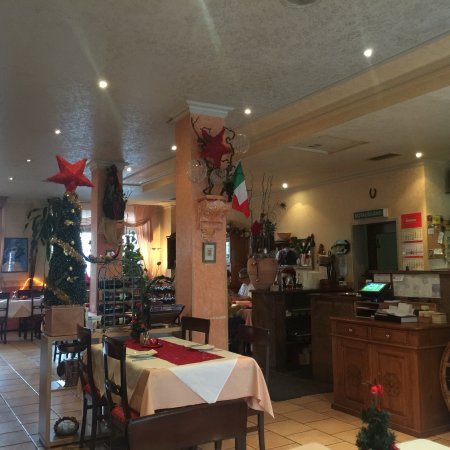NORTH RHINE-WESTPHALIA
WELCOME TO NORTH RHINE-WESTPHALIA
State Overview
Düsseldorf
34,088 km2
17.9 million
German
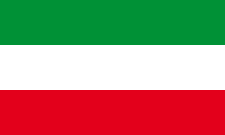
Popular
Geography and Tourist Attractions
Information about the state's tourist attractions, including popular destinations, events, and activities.
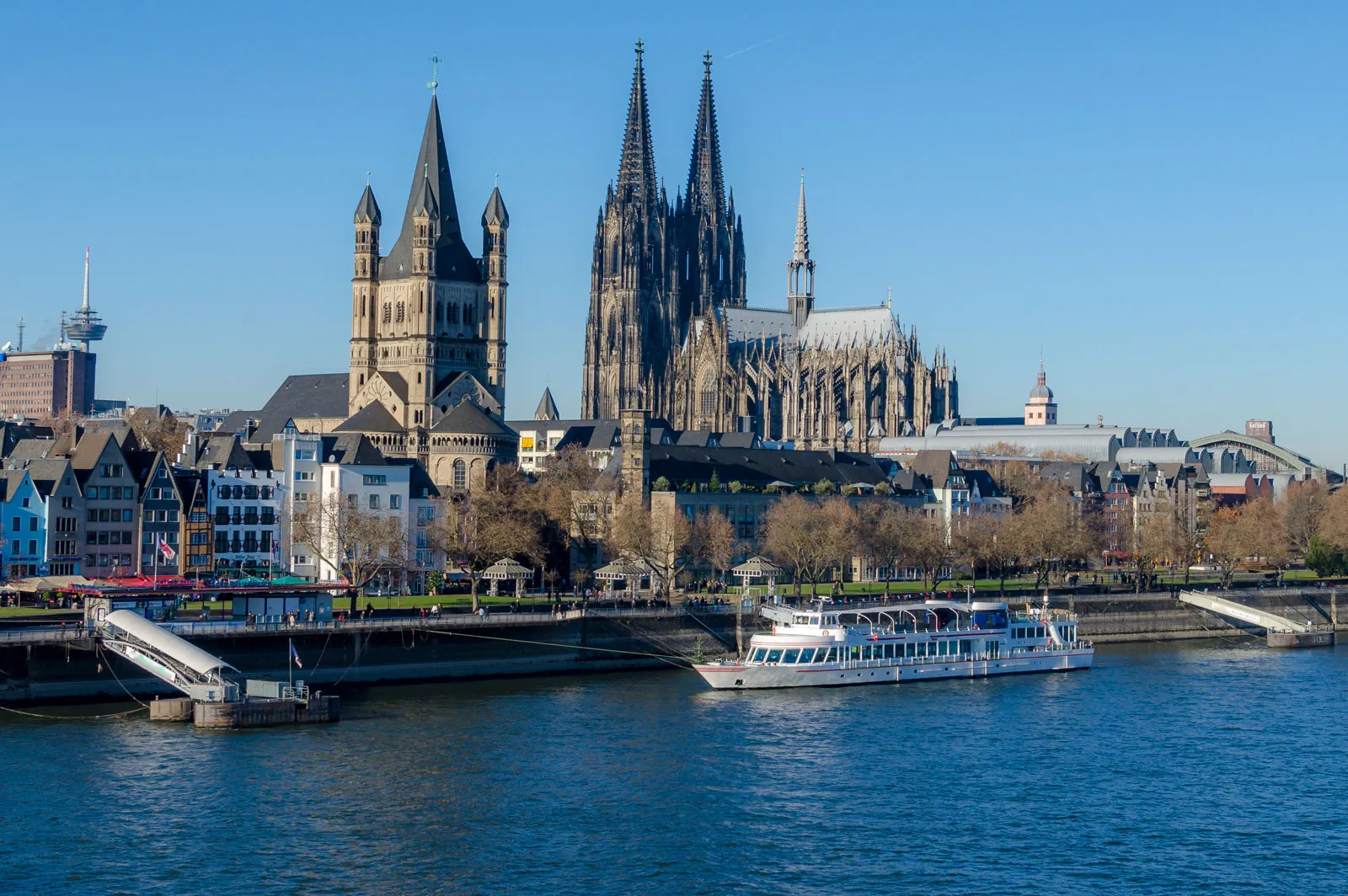
The Rhine River
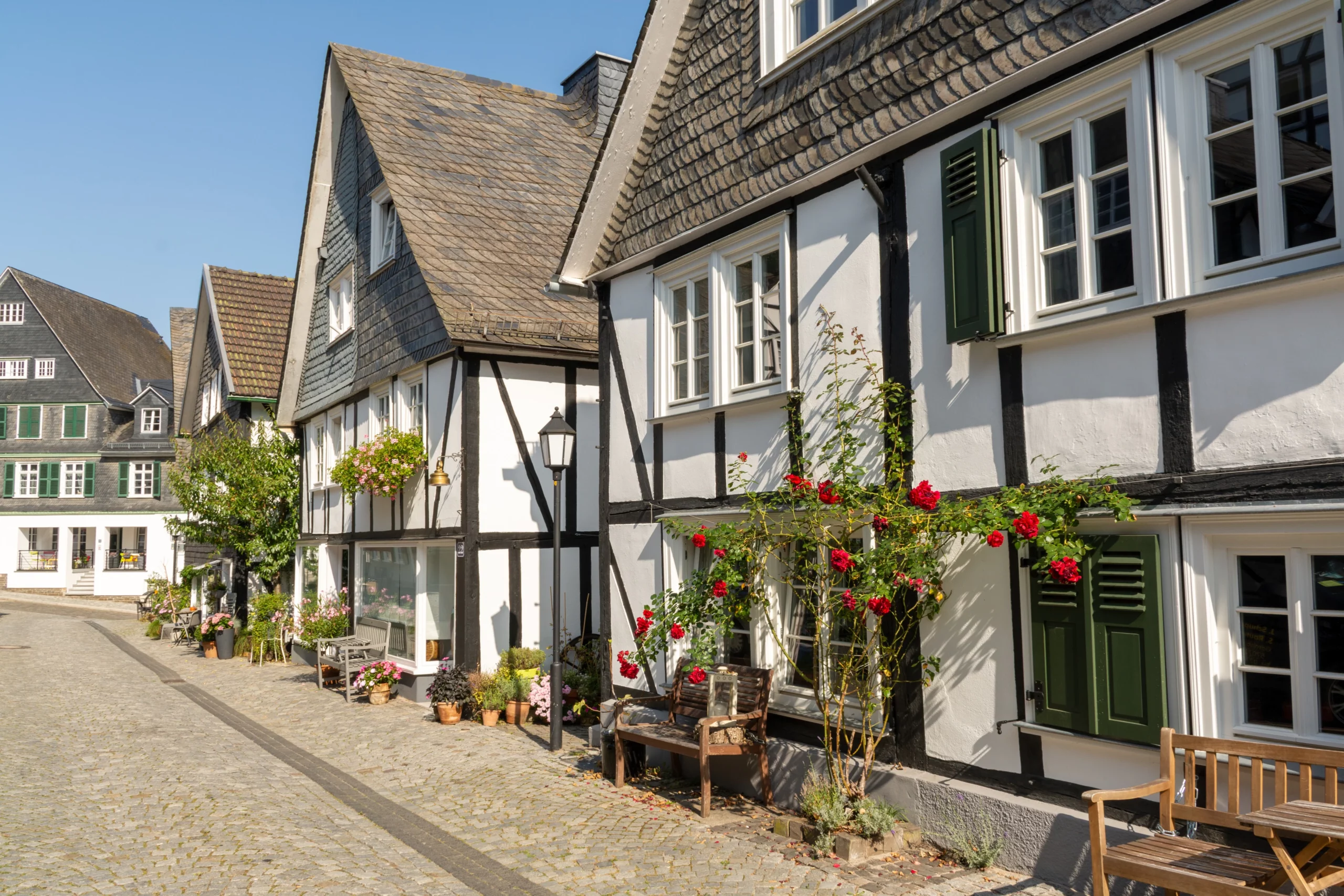
Sauerland
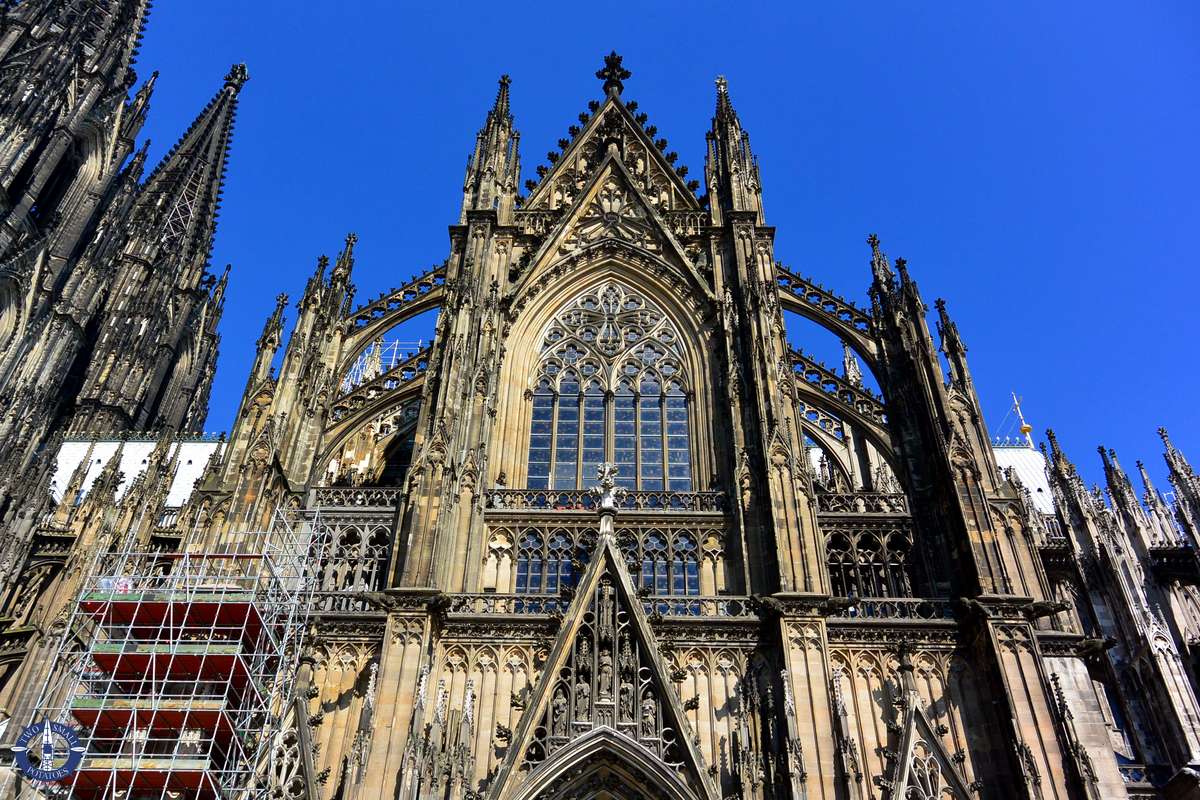
Cologne Cathedral
Political
Economy and Government
North Rhine-Westphalia (NRW) is the most populous state in Germany and is located in the western part of the country. It has a highly diversified economy and is home to many large and small companies from various sectors. The state's economy is dominated by the services sector, which includes trade, transport, and other services, followed by the manufacturing sector, which is concentrated in industries such as chemicals, machinery, and automotive. The state is also a leader in renewable energy and has made significant investments in wind and solar power.
NRW is governed by a coalition government composed of the Social Democratic Party (SPD) and the Green Party. The state parliament, called the Landtag, is located in Düsseldorf, the state's capital city. The state has a federal system of government, meaning that many areas of policy, such as education and culture, are the responsibility of the state government. However, the federal government has an important role in areas such as economic policy and foreign affairs.
NRW is known for its innovative spirit and is home to several world-renowned research institutions and universities. The state also has a rich cultural heritage and is home to many museums, theaters, and other cultural institutions. Overall, NRW is a vibrant and dynamic state with a strong economy and diverse population.
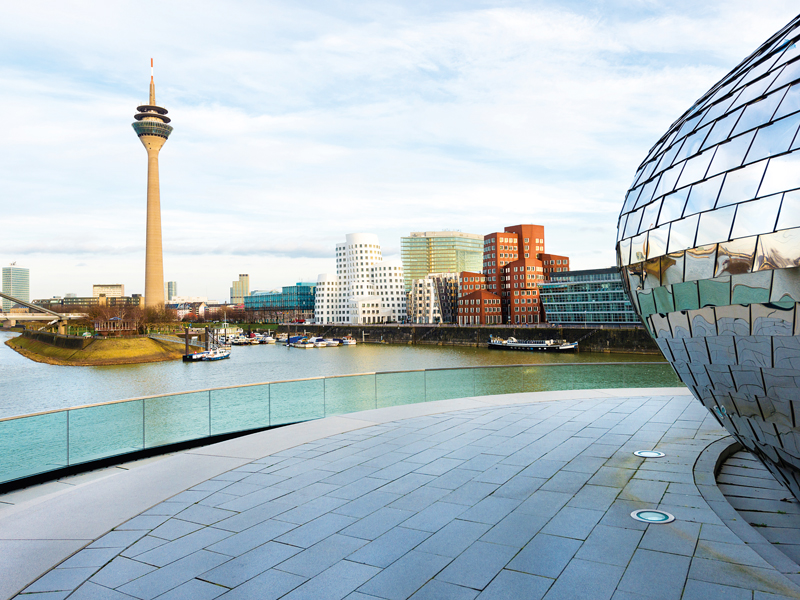
History
History and Culture
North Rhine-Westphalia (NRW) is the most populous state in Germany, located in the western part of the country. It is a diverse region with a rich history and culture that is reflected in its architecture, art, music, and cuisine.
The state has a long and varied history, dating back to ancient Roman times. The region was an important center of commerce and trade during the Middle Ages, and it played a significant role in the industrialization of Germany in the 19th and 20th centuries.
Today, NRW is home to many cultural landmarks, such as the Cologne Cathedral, the Aachen Cathedral, and the Zollverein Coal Mine Industrial Complex. It is also famous for its modern art scene, with world-renowned museums such as the Museum Ludwig and the Kunstsammlung NRW.
The state is known for its regional specialties, such as Westphalian ham, Rhenish Sauerbraten, and Kölsch beer. Its diverse population includes many immigrants, who have contributed to the state's cultural richness.
Overall, North Rhine-Westphalia is a vibrant and diverse state with a rich history and culture that continues to evolve and thrive today.
HOTELS
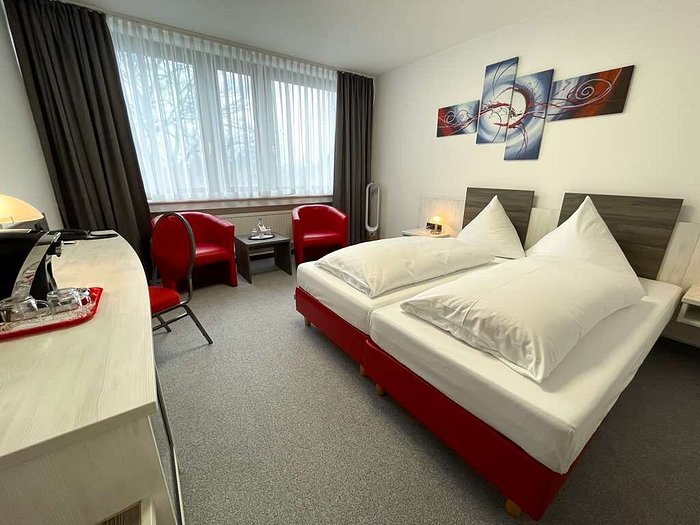
Brenner Hotel
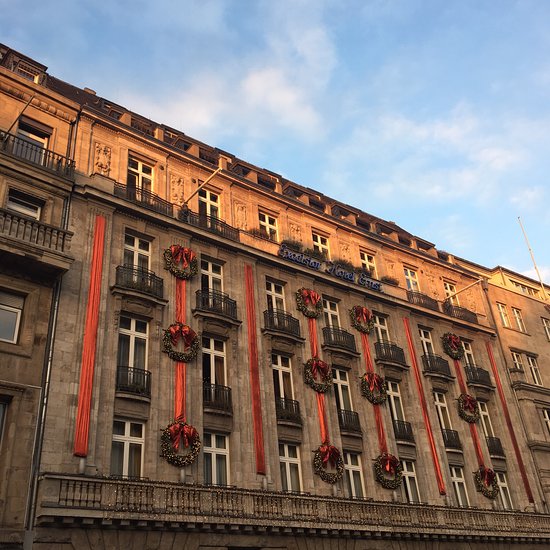
Excelsior Hotel Ernst
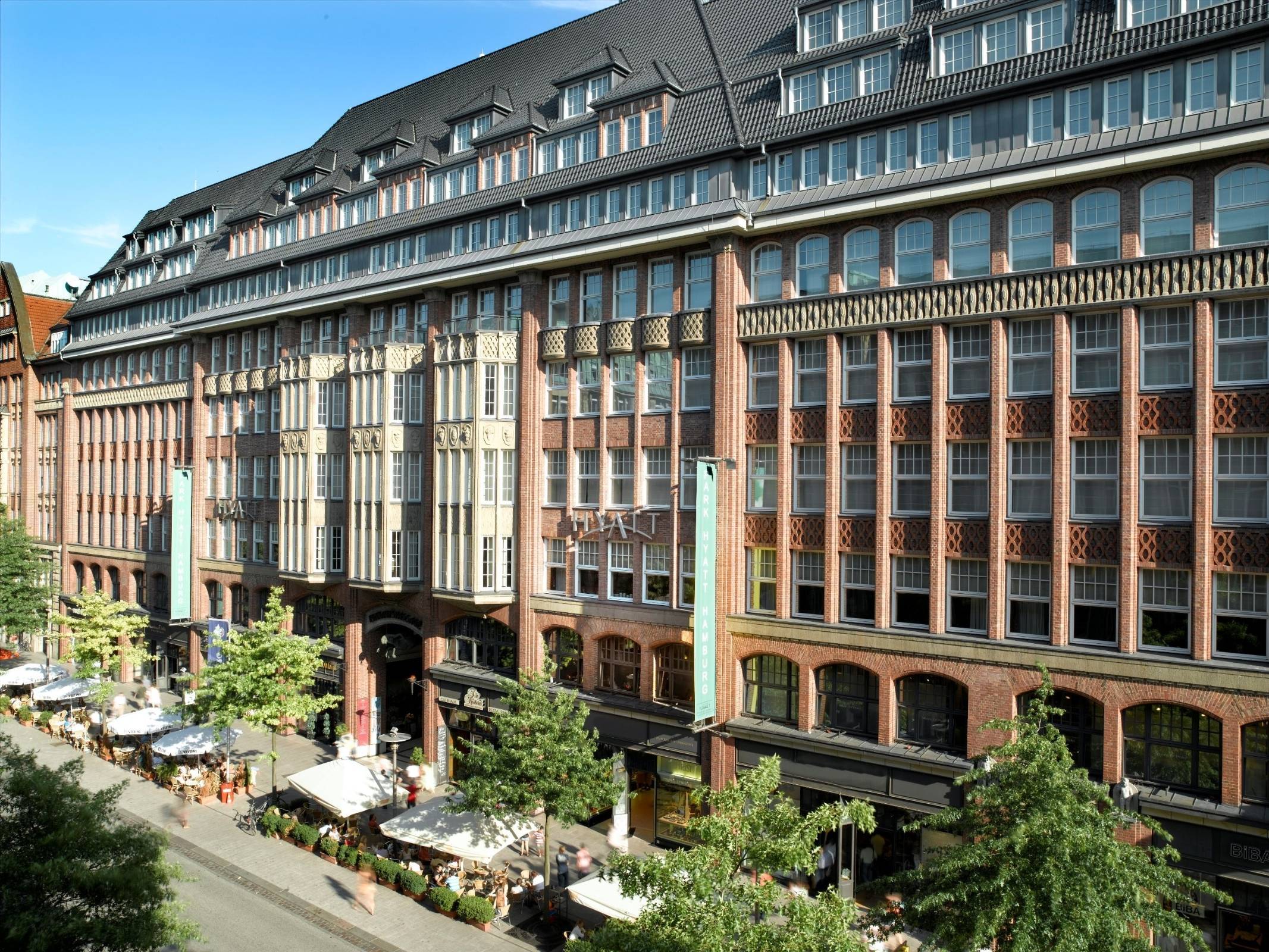
Park Hyatt Hotel
RESTAURANTS
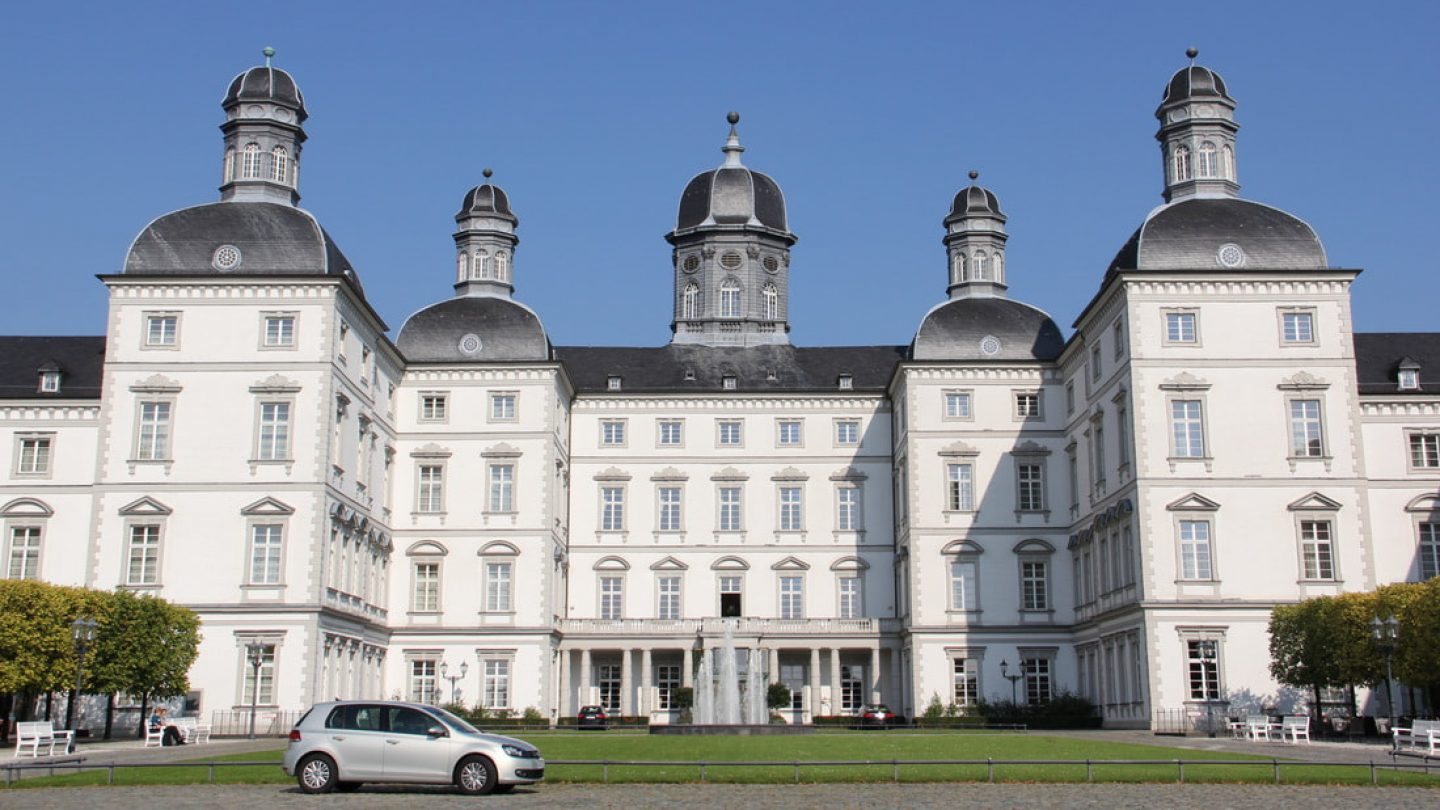
Vendôme
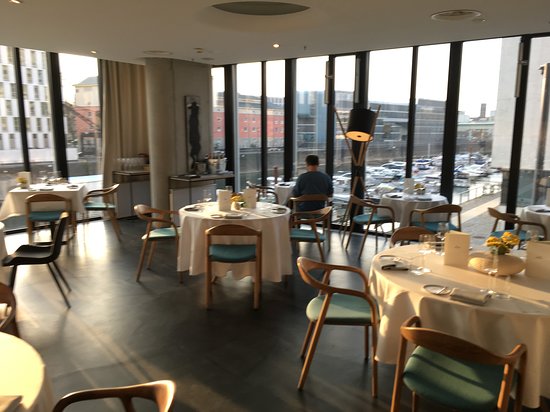
Ox & Klee
